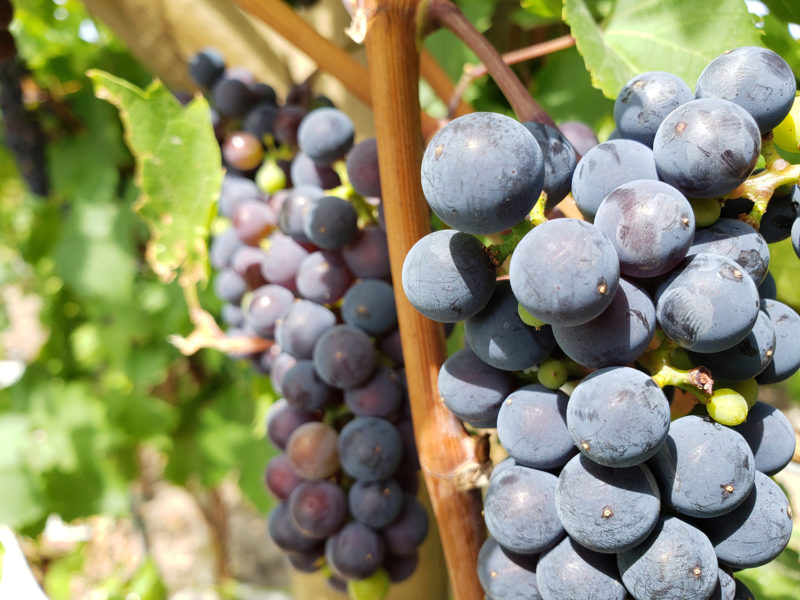Grape phylloxera has been detected in Vancouver Island vineyards.
Phyollxera, also known as root louse, was detected by the Canadian Food Inspection Agency thanks to a grower submission.
CFIA announced the discovery at the end of September. While there have been occasional detections in the Okanagan, Vancouver Island was previously free from the aphid-like insect.
“It’s native to eastern North America and it has travelled around the world into major grape growing regions,” says Tracy Hueppelsheuser, provincial entomologist with the BC Ministry of Agriculture.
While the pest spends time both above and below ground, it is best known for the damage it does to vine roots.
“It’s actually the root damage that causes problems to the vines,” notes Hueppelsheuser. “It causes gall. At this point, we do not know how widespread it is on Vancouver Island or the Gulf Islands.”
How the pest was introduced to Vancouver Island is unknown, though it likely arrived – as in other areas – with infested rootstock. Surveys are underway to determine how many sites are infested.
CFIA is assisting with detection. Growers who suspect the presence of phylloxora should contact Hueppelsheuser and notify the CFIA. A notice prohibiting movement of infested materials is placed on the affected sites. “Detections do not prevent the harvest or movement of grape fruit at the affected locations,” notes CFIA.
Hueppelsheuser notes that weak or declining areas of a vineyard may indicate the presence of phylloxera. The pest takes several years to kill vines, providing an opportunity for identification and action.
Vancouver Island growers will be unable to rely on winter weather to control the pest, something that has helped limit populations in the Okanagan.
Once the pest is established in a region, growers typically shift from planting own-rooted vines to grafting vines onto phylloxera-resistant rootstock.
“The way they’ve solved the problem in Europe is that they have the French varieties and the German varieties and all the desirable varieties are grafted onto North American roots and all those can resist phylloxora,” explains Hueppelsheuser.


 Raspberries get replant funding
Raspberries get replant funding